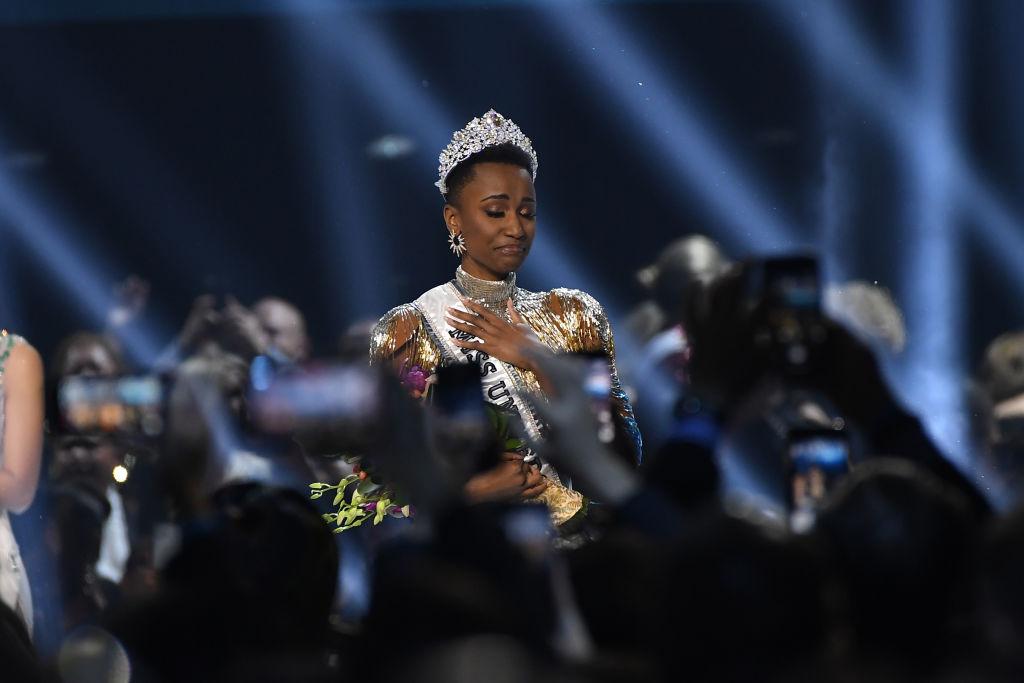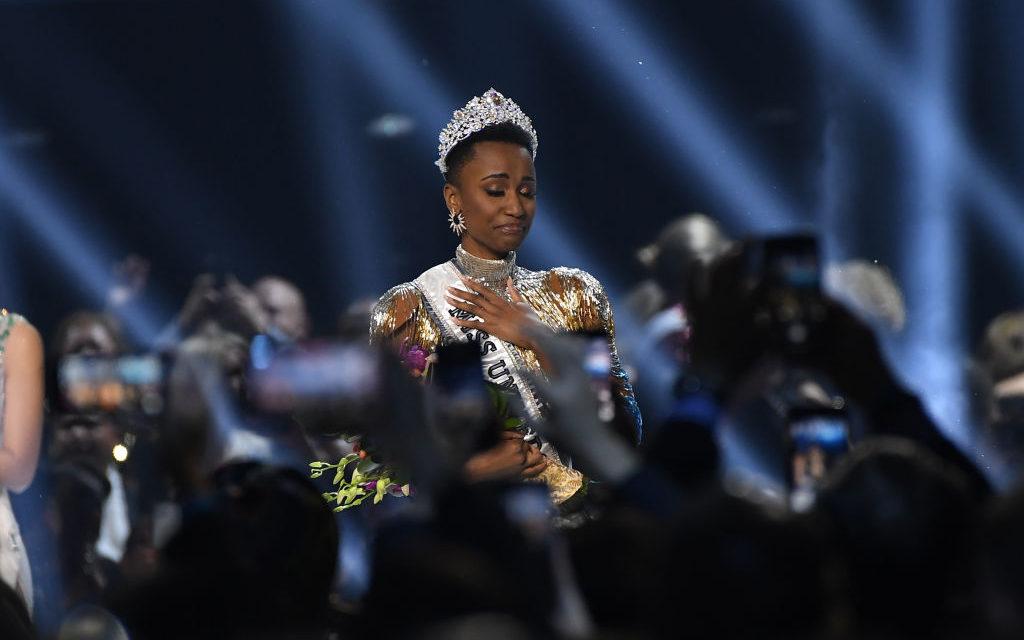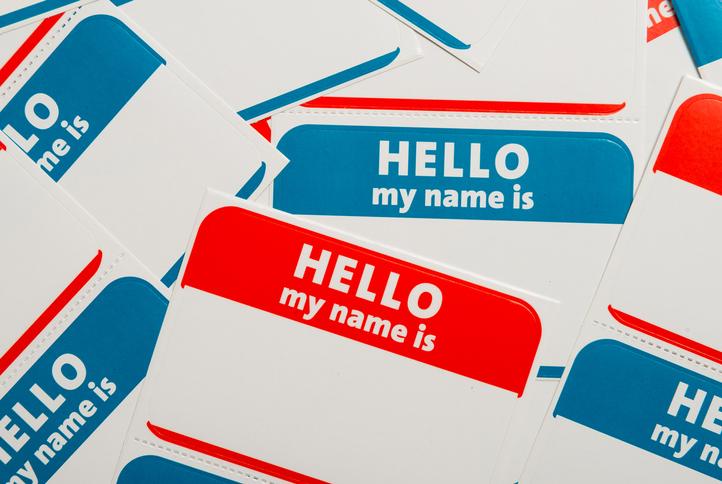
The world of pageants is shifting from a beauty contest filled with glitz and glam to contestants now speaking candidly about topics like race, abortion, climate change, and LGBTQ rights. Although pageants certainly still have issues with diversity and inclusion, the industry is becoming more reflective of what our world looks like. Zozibini Tunzi helped push it a little bit further.
Although pageants certainly still have issues with diversity and inclusion, the industry is becoming more reflective of what our world looks like. Zozibini Tunzi helped push it a little bit further. Share on XTunzi, of South Africa, was crowned Miss Universe on Sunday, becoming the first Black woman in eight years to win the title after Leila Lopes of Angola in 2011. She also completed the “historic four,” marking history as the first time ever that Miss Universe, Miss USA, Miss Teen USA, and Miss America are all Black women.
During her closing statement on Sunday, Tunzi spoke about the importance of shifting antiquated standards of beauty and celebrating Black women:
“I grew up in a world where a woman who looks like me — with my kind of skin and my kind of hair — was never considered to be beautiful. I think it is time that stops today. I want children to look at me and see my face, and I want them to see their faces reflected in mine.”
She broke beauty barriers in the pageant industry by wearing her natural, closely cropped hair as a symbol of her “firm belief in fair representation.” During the national costume segment, she also emphasized this belief by asking South African men to show their support and solidarity with the gender equality campaign #HeforShe. The men wrote letters to honor, celebrate, and stand with South African women, which were then woven into her costume, called “Wave of Love.”
This historic moment has received a wave of criticism as “just another diversity win.” The competition no longer being solely about beauty means to some that a woman doesn’t need to be “pageant pretty” to win as long as she has the right “credentials.” Black women often receive the worst of this backlash. Too often, Black women can’t celebrate a success without it being a “political statement,” a “diversity win,” or a “PR move.”
Tunzi, and the three other Black winners this year, earned their wins and their success. They proudly represented themselves, millions of young Black girls, and what a “normal” pageant queen looks like. Their wins are not a marketing tactic and certainly not a trend.
Tunzi, and the three other Black winners this year, earned their wins and their success. They proudly represented themselves, millions of young Black girls, and what a “normal” pageant queen looks like. Their wins are not a… Share on XMiss Universe Zozibini Tunzi, Miss USA Cheslie Kryst, Miss Teen USA Kaliegh Garris, and Miss America Nia Franklin—you are all an example of how much representation matters — in pageants and beyond.



















